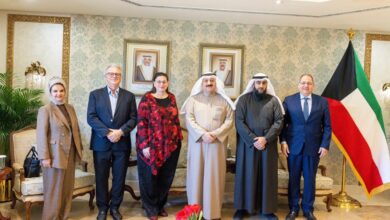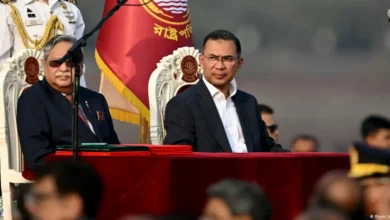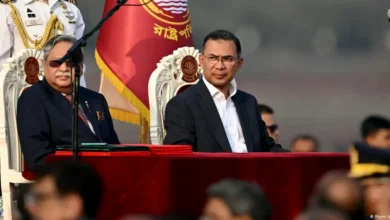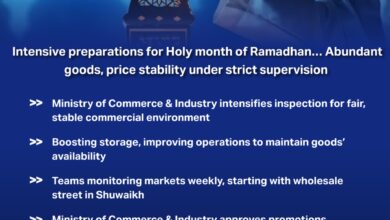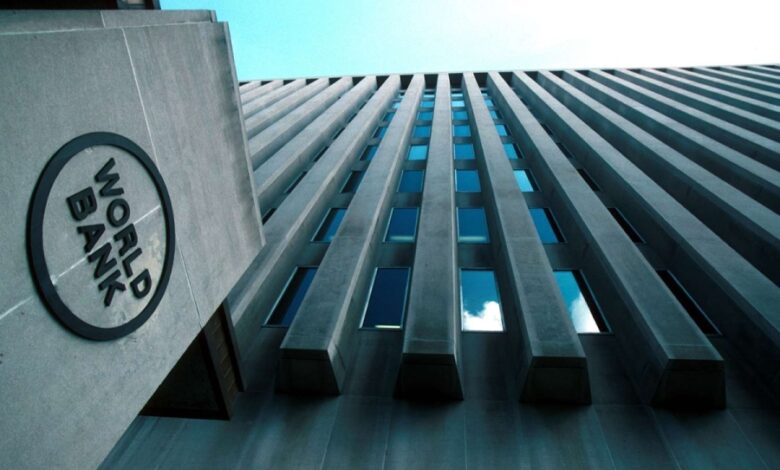
In a significant policy shift, World Bank President Ajay Banga announced that the international financial institution will resume funding nuclear energy projects for the first time in decades — marking a new chapter in its approach to global energy development.
In a letter addressed to World Bank staff and reviewed by Agence France-Presse (AFP), Banga emphasized the importance of diversifying energy sources to meet growing global demand while supporting climate goals. He stated that the renewed support would cover a broad range of nuclear energy initiatives.
According to the letter, the World Bank will help countries expand existing nuclear reactor capacity, particularly in nations that already operate nuclear power facilities. This includes investments aimed at enhancing the efficiency, safety, and reach of energy grids and infrastructure connected to nuclear power.
Furthermore, the Bank intends to explore and support the development of small modular reactors (SMRs) — a new generation of compact nuclear systems that are considered more flexible, cost-effective, and easier to deploy than traditional nuclear power plants. These reactors could present an attractive solution for countries with limited access to large-scale energy infrastructure or those looking for lower-emission baseload power options.
Banga highlighted that SMRs “offer a viable long-term option for more countries,” reflecting the Bank’s commitment to supporting emerging technologies that align with sustainable development and energy security.
The move is expected to play a vital role in helping nations transition to cleaner energy systems, reduce carbon emissions, and strengthen the resilience of their energy networks, especially as the world faces increasing pressure to meet climate targets.







